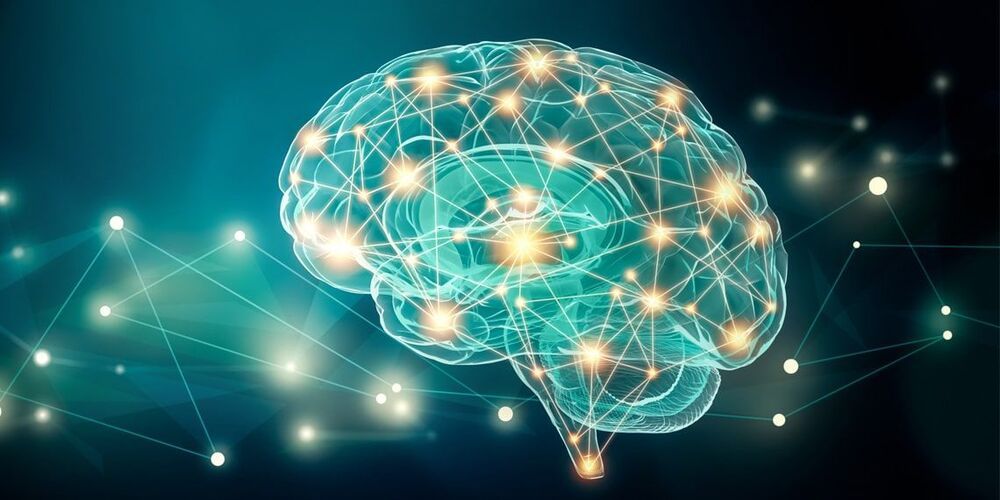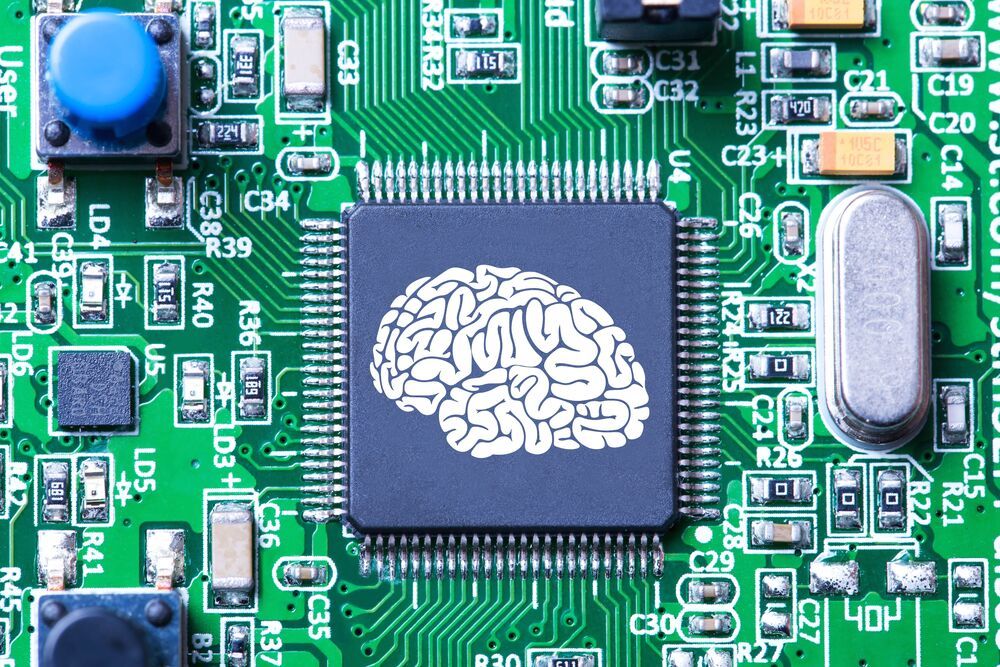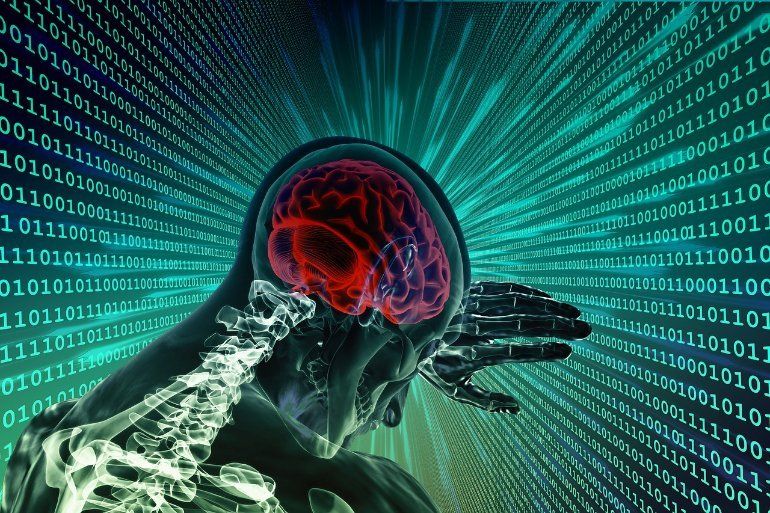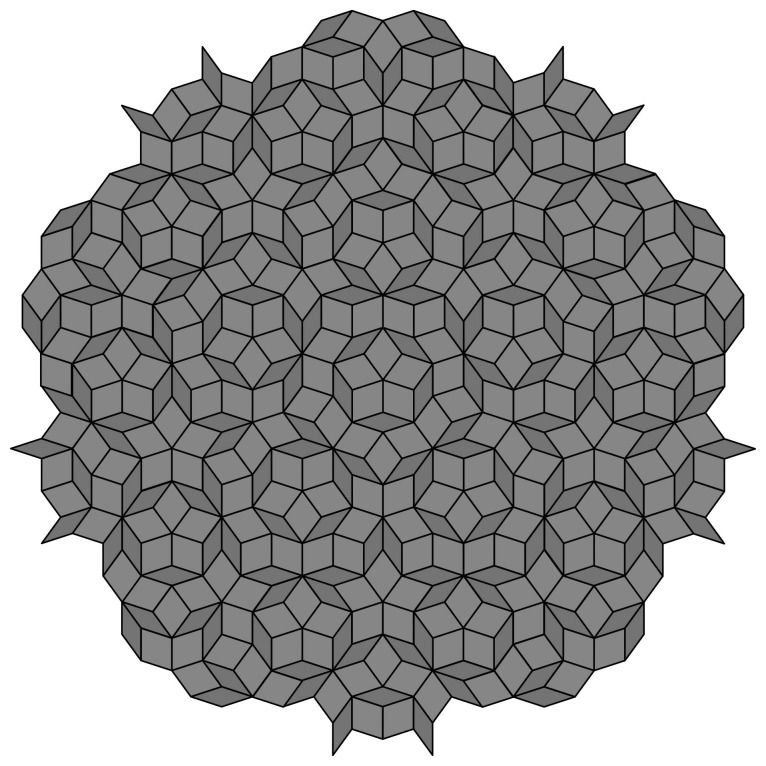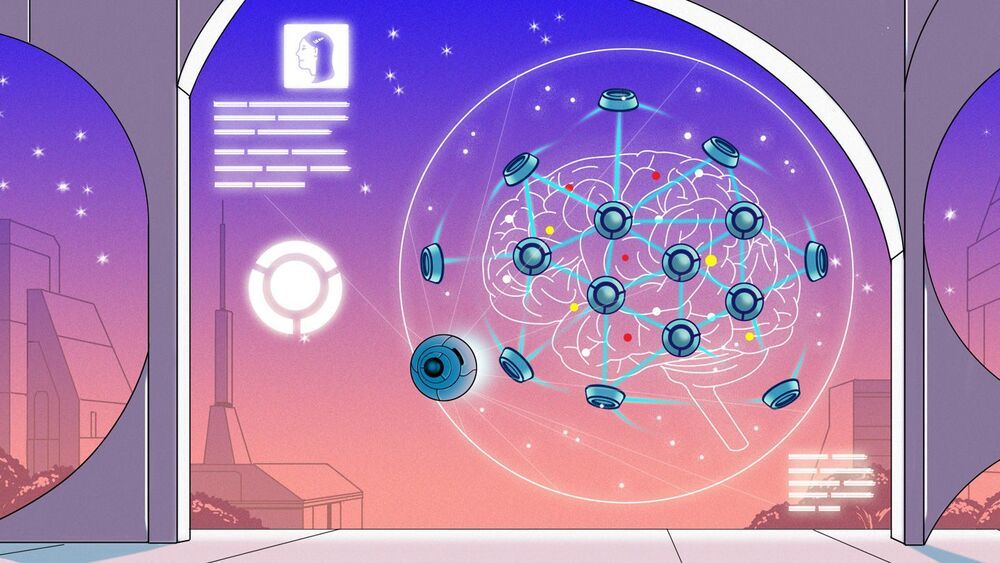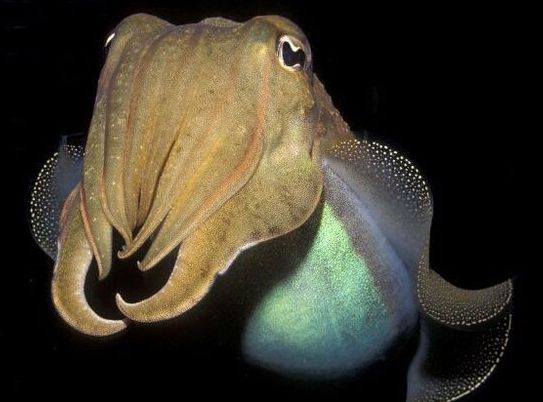Flux is unmatched in the quality, speed and quantity of neural activity that can record non-invasively and in real time.
So far, all types of data that could be acquired directly from the human brain had serious limitations. To get the best hemodynamic or electric data, for example, the person and their brain needed to be almost perfectly immovable, usually by confinement in noisy and claustrophobic environments. And if the person was able to move freely and, of course, data quality quickly dropped until it was pointless.
With the Flux, you will be able to:
Step into a natural environment, put a helmet on your head and observe the real-time brain activity at the top speed your neurons are shooting;
Talk, gesture and move naturally;
Participate in a video conference, daydream, listen to music or read a book;
Access your brain activity from the most electrophysiological sensor channels from all regions of the cortex.
These capabilities open up new stimulating opportunities for understanding how and why the brain functions.
In October 2020, Flow was announced, a full-coverage TD-FNIRS system, which is the first high-quality scalable brain imaging system of its kind and analyses the hemodynamic signs generated by the use of oxygen in the brain, a good proxy for neural activity Together, Flow and Flux capture two signs of the highest quality and most significant one can capture on the brain in a non-invasive way: blood oxygenation and direct neural activity. There are advantages and disadvantages to what each of these technologies reveals about the mysteries of the brain — together, however, Kernel Flux and Flow combine into the richest neural data sets in history, collected at a record speed.
A new era is here. One where we will be reintroduced ourselves and each other in unique ways. With powers to advance to a new border.
#transhumanismo #singularity #singularidade #BCI #kernel


